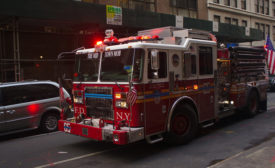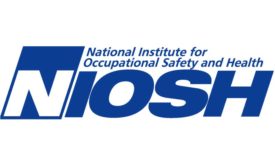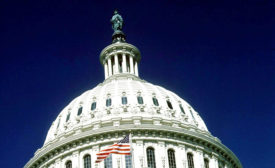Home » opioid epidemic
Articles Tagged with ''opioid epidemic''
The constant pressure for construction workers to work in pain
It’s always been there - will it ever go away?
October 4, 2018
Current trends in respiratory protection
Silica & opioid exposures; technology advances
September 12, 2018
A NIOSH Science Blog post
Fentanyls and the safety of first responders: Science and recommendations
July 2, 2018
A NIOSH Science Blog post
Make one change for safety this National Safety Month
June 12, 2018
Psychologist group gives mixed review to president's opioid plan
Calls for more emphasis on nonpharmacological treatments, opposes death penalty for opioid traffickers
March 21, 2018
Become a Leader in Safety Culture
Build your knowledge with ISHN, covering key safety, health and industrial hygiene news, products, and trends.
JOIN TODAYCopyright ©2024. All Rights Reserved BNP Media.
Design, CMS, Hosting & Web Development :: ePublishing









